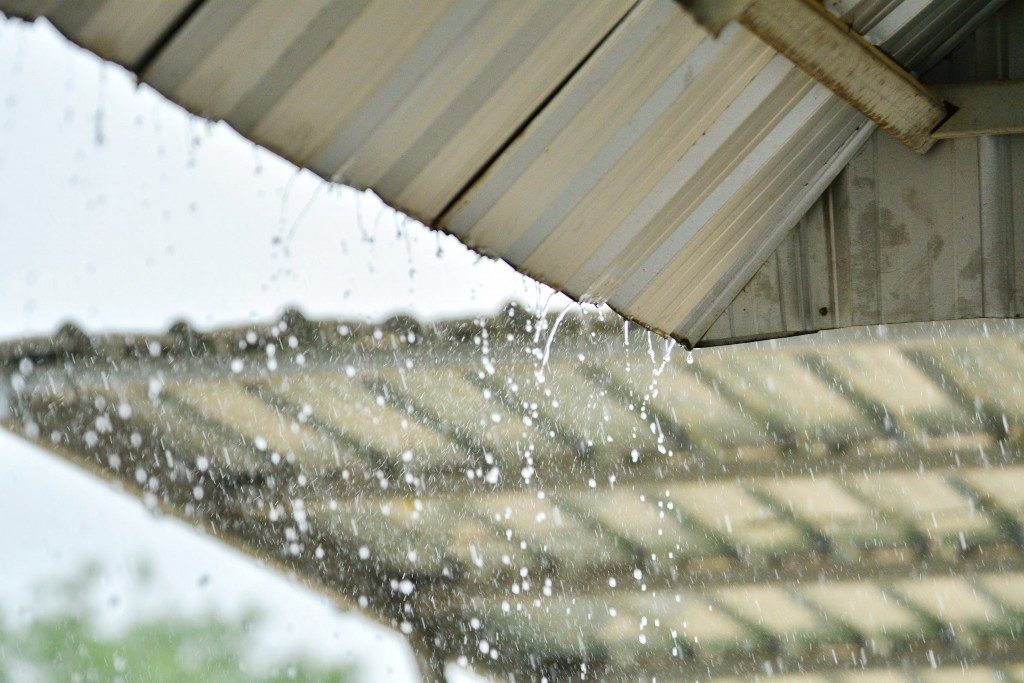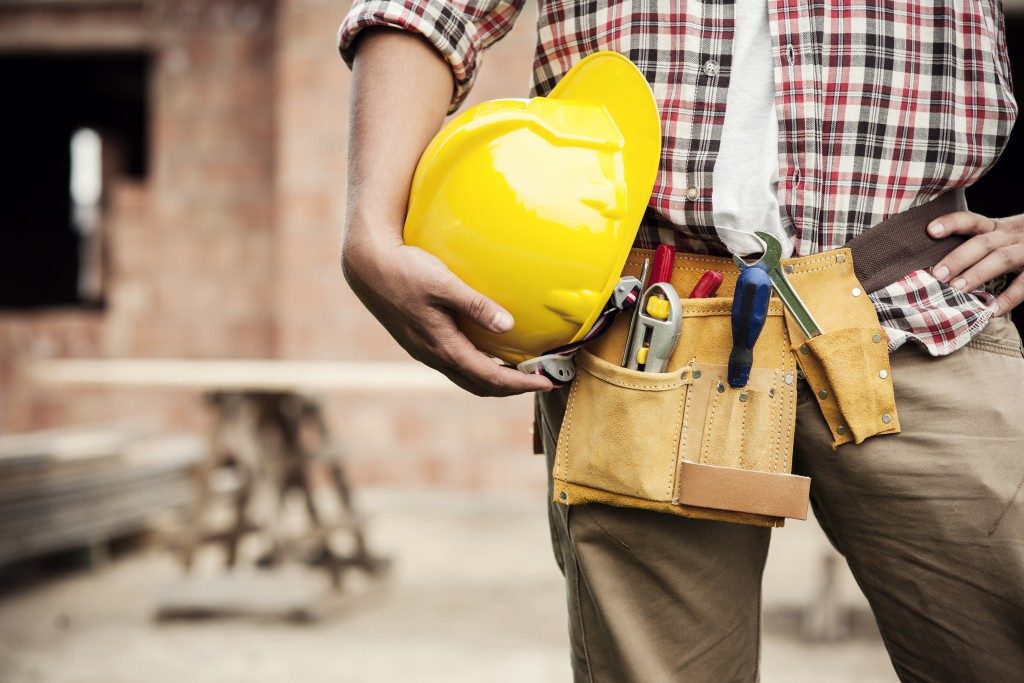Delays can be very costly to contractors, and not just in terms of profit and losses. Delays can lead to a breach of contract, which can result in legal issues, and it also forces contractors to pay for overtime and also lead to other issues such as scheduling conflicts with subcontractors (i.e., the domino effect of delays). This is why most contractors allocate a huge portion of their planning in order to minimize or avoid delays. However, there are certain factors that are beyond a contractor’s control that can cause major delays such as bad (or extreme) weather conditions.
The problem with bad weather delays is that they are unexpected and beyond control. In some cases, bad weather can even undo certain phases of construction. As such, it’s important to‘weatherproof’ not only your construction site but also your plan in order to avoid or at least properly deal with delays with these helpful tips:
Weatherproof the Contract
One of the biggest mistakes you can make is not adding a clause or provision to your contract that accommodates delays due to bad weather (as well as other external factors beyond your control). Your contract should state that an extension would be granted if a delay is caused by floods, bad weather conditions, fires (that are not caused by neglect on the side of the contractor), epidemic, and acts of God. Although this won’t ‘prevent’ he delay, per se, it can legally protect you if a delay is caused by any of the stipulated conditions that are beyond your control.
Include Weather Conditions in Planning
It may be time and resource-consuming to do so, but it’s vital to research on past weather conditions in the location of the construction project, as well as any future weather forecast in the area. By doing so, you’ll be able to make contingency plans more accurately and schedule certain weather-dependent tasks much better. When it comes to contingency planning, you’ll basically be answering the questions, ‘What if it rains/snows/floods/there is a heatwave in this area on this period?’
Season-and-Temperature-sensitive Scheduling
Additionally, you can also look for alternative construction methods that are more weather-resilient. You shouldn’t forget about seasonal temperatures, too, as winter may be too cold for certain materials and machinery (and also puts your workers at risk of getting sick or be more likely to slip due to ice building up on surfaces). Alternatively, you must also modify your working time during the summer as it may not be safe for your workers to work under such conditions.
Preparing for Extreme Bad Weather

Extreme weather such as hurricanes or superstorms are very hard to predict, but it’s also important to include them in your plan. Although delays caused by these types of weather events and conditions are justified in your contract (if you stipulated them), there’s still the risk of these conditions causing damage to your construction site, which can result in very long delays. So, in order to mitigate damage and minimize the delay extreme weather conditions may cause, you should have an emergency plan in place.
This plan should include how to secure your workers, tools, structure, and construction site in case of strong winds, hurricanes, and heavy rain. You’ll want to have tools ready (or at least the contact number of the supplier for these tools) both for protection and the restoration of the site after the extreme weather condition has passed. For example, you’ll want to have the bracing materials for securing the building from wind, submersible drain pump in case of flooding, and so on.
The Takeaway
Weatherproofing your schedule and having a plan that prepares for and quickly deals with bad weather can save you (and your client) a lot of headaches, and minimizes any additional expenses on your end while also maintaining your company’s good reputation.

